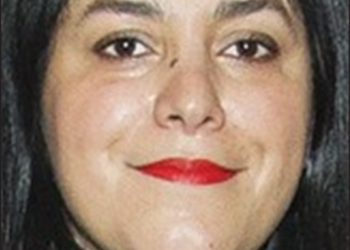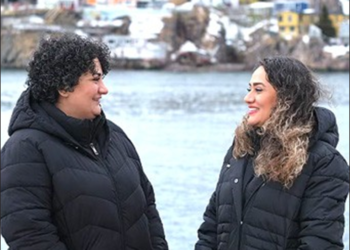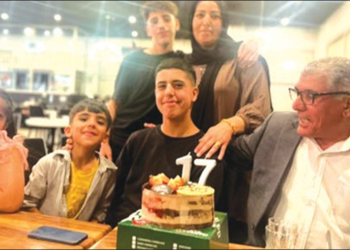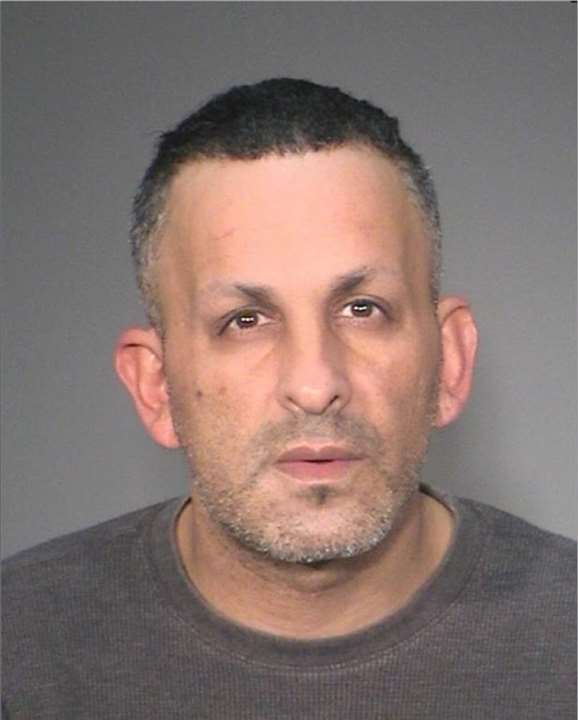October 14, 2016

Iranian-Canadian Homa Hoodfar says she survived her imprisonment in Iran by treating it as a professional assignment and conducting “anthropological fieldwork” in her prison cell.
Hoodfar, 65, was freed last month after spending 112 days in prison. Her interrogators focused on the fact that, as an anthropologist teaching at Concordia University in Montreal, she had written extensively on feminism, a realm viewed as threatening by the Islamic Republic.
In an interview this week with The Guardian of Britain, Hoodfar said that early in her ordeal she saw a way to take back some element of freedom. “I decided, I’m an anthropologist and I’m here, so I can use this as a method of doing anthropological fieldwork. It wasn’t fieldwork that I had chosen; it was not a project I wanted to write. But there I was.”
That approach made the 30 interrogations she was put through while imprisoned a research bonanza. As she sat facing a wall or a one-way mirror while her interrogators screamed and yelled at her, Hoodfar analyzed their choice of words. When they hurled threats at her—“They were telling me, ‘You’ll get 15 years here and we’ll send your dead body back to Canada’”—she contemplated the power dynamics at play.
Interrogators intensified their efforts. A particularly tough moment came after they found a video of her American husband’s 2014 funeral on her iPad. “They actually played the music that was played at the funeral of my husband.” It was a sign of the lengths they were willing to go in order to break her spirit, she said.
Hoodfar’s ordeal began last March when half a dozen or so Pasdaran raided the Tehran apartment where she was staying. She had been packing her suitcase to return to Canada when they confiscated her passports, computer and bags full of books and summoned her to what would be the first of many interrogations.
She was charged, a state prosecutor later told media, with “dabbling in feminism and security matters.” Released on bail in March, she was summoned for interrogations 12 times. In June, her bail was increased fivefold, which she could not pay, and she was sent to Evin prison.
Hoodfar believes she was targeted as part of the power struggle at play between the elected government and conservative factions. “There’s almost two different states functioning at the same time,” she said. “I was, in many ways, a pawn in this struggle.”
The conservatives were determined to show that Hoodfar had come to Iran to meddle in the Majlis election, pointing to a book she had co-authored on women in parliaments around the world. “They kept asking me if I was a feminist. And I asked them to define what is a feminist. We spent quite a lot of time discussing feminism and the history of feminism in Iran.”
She was brought to a tiny cell, some 2 by 1.75 meters (6 1/2 by 5 3/4 feet), but soon moved to a larger cell with Nazanin Zaghari-Ratcliffe, the 37-year-old British-Iranian woman jailed two months before Hoodfar. The two were placed together around the birthday of Zaghari-Ratcliffe’s young daughter, said Hoodfar. “She was crying because she was obviously missing her daughter and was worried about her.”
But the very next morning, Hoodfar was moved again. Much of her time in prison was spent in that bare cell, stripped of natural light. Artificial lights were left on day and night, said Hoodfar. Sleep came rarely. “Sometimes I would go for days without sleeping.”
At night, she would use the end of her toothbrush to scratch her analyses of her interrogations on the cell walls and then commit them to memory.
After she”was hospitalized for a lung infection, prison staff showed some humanity. At times they sent her fruit juice or brought her food. Eventually she was allowed access to a few books.
Then, one night in September, she was ordered to be ready at 8 a.m. the next day. Six guards escorted her to the apartment where she had been staying to collect her things and insisted she visit a salon to get her graying roots dyed before outfitting her in bright colors. “They wanted me to look good,” said Hoodfar.
It was then that she began to suspect that she was about to be released. Soon she was on an Omani government plane being flown to Muscat where she was reunited with her niece.
Later, on the 19-hour flight from Oman back home to Montreal, she jotted down the notes she had memorized after painstakingly scratching them on her cell walls.
She told The Guardian the prison experience has left her grappling with her identity as an Iranian-Canadian. “I’m heartbroken. I know I’m a Canadian as well and I lived most of my time outside [Iran], but I was born there and brought up there and I never felt I was an outsider. But they treated me like an enemy. And that hurt more than the fact that I was in jail.”




















